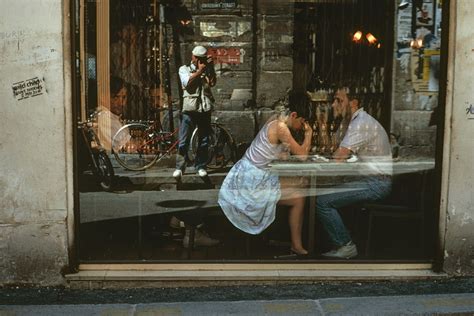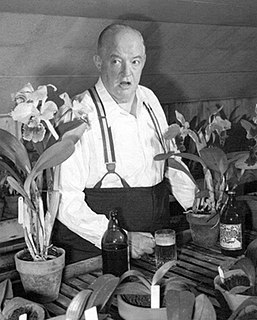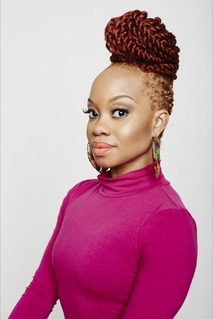A Quote by William Albert Allard
I think the 50mm lens is an extremely good discipline lens; it requires you to see in a more refined way, not just tighter.
Related Quotes
So I tried to get my shot with a 50mm and I did it - this is when we're shooting film, not digital. The guy that hired me looked through the pictures and was like, "Oh, this is pretty good. You did a good job." And I was like, "Yeah, I'm sorry. I only had a 50mm. My girlfriend rented the wrong lens..." and he stopped looking at the pictures and he looked up at me and he said, "You shot this with a 50mm? You're hired."
You carry that through and adapt it to a camera lens, but you're quite right, you cannot be sure of what an audience is going to do. You don't know what's going to happen to the piece you're doing anyway. You don't know how it's going to be edited. There are a lot more unknowns in cinema. But that you have to readily accept. That's when, I think, you have to forget about intellect, to a degree. Intuition is very important when you're working with a lens, I believe, for what the lens is doing, too.
The precise effects of lensing depend on the mass of the lens, the structure of space-time, and the relative distance between us, the lens, and the distant object behind it. It's like a magnifying glass, where the image you get depends on the shape of the lens and how far you hold it from the object you're looking at.
You are merely the lens in the beam. You can only receive, give, and possess the light as the lens does. If you seek yourself, you rob the lens of its transparency. You will know life and be acknowledged by it according to your degree of transparency - your capacity, that is, to vanish as an end and remain purely as a means.
Computer chips will cost about a penny. That's the cost of scrap paper. The Internet will be basically for free and it will be inside our contact lens. When we blink, we will go online. When we see somebody that we don't recognize, our contact lens will identify who they are, print out their biography in your contact lens and translate, if they're speaking Chinese, into English with subtitles as they speak.
I think it's important for people to understand that dance, movement, choreography is about an experience and entertainment but it's also about perception and a lens. So when we're talking about a Black female's experience through a Black female's lens, that's going to be totally different from a Black female's perspective through a Black male's lens.


































